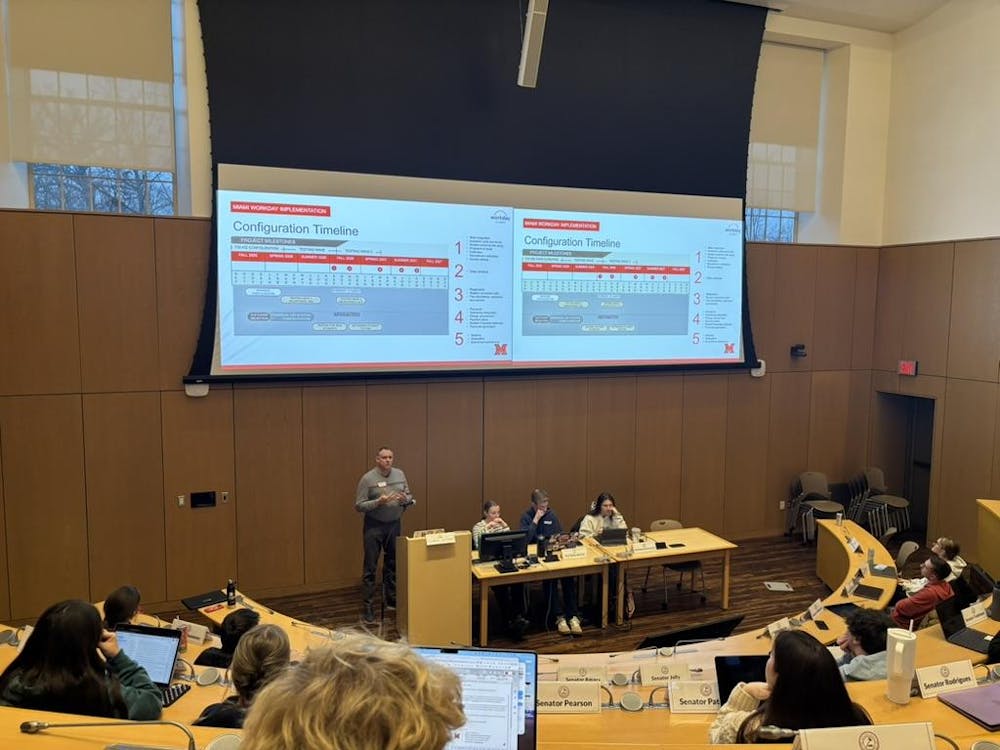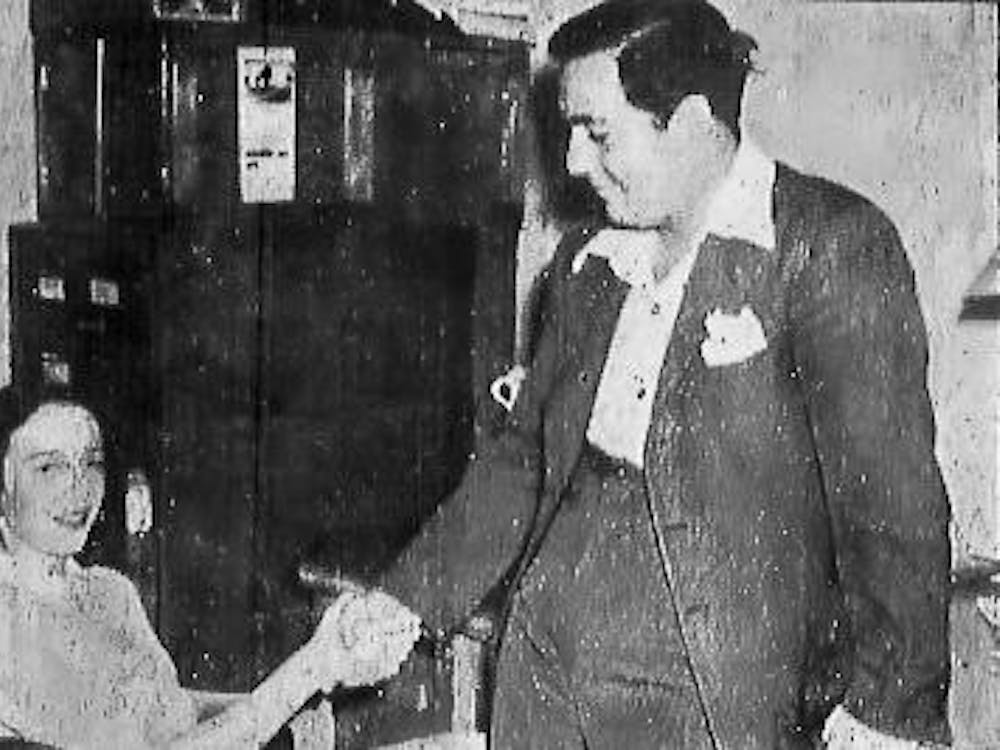With the U.S. Senate set to confirm more cabinet members this week, Miguel Cardona, President Joe Biden’s pick for Secretary of Education, may soon influence education policy at Miami University and across the country.
For Érica Fernández, an associate professor in the department of educational leadership, Cardona’s nomination is a welcome one.
“I had the privilege of working with Dr. Cardona during my time as an assistant professor at the University of Connecticut,” Fernández wrote in an email to The Miami Student. “It was during this time that I realized what a fierce advocate he was for public education, teachers, students and their families.”
Cardona will follow in the footsteps of Betsy DeVos, one of the longest serving and most polarizing members of President Trump’s cabinet.
“One of my major fears and concerns about Betsy DeVos’ appointment was her lack of experience in public education and lack of support of public K-12 schools,” Nathaniel Bryan, an assistant professor of teacher education, wrote in an email to The Student.
Bryan said DeVos’ school voucher program diverted taxpayer dollars from public education to private and parochial schools, which are not held accountable for their funds in the same way as public schools.
Additionally, her program put the education of underprivileged students at risk by taking funds away from already underfunded public schools.
As Cardona steps into his cabinet position, Bryan said Cardona’s history in Connecticut’s urban areas would help him form policies for underrepresented students.
“What is most encouraging about Cardona is that he has also worked in urban schools, which we know are those schools that serve predominantly Black and brown children and are oftentimes the most neglected schools in our nation,” Bryan said. “I hope Cardona draws on his urban teaching and administrative experience to inform educational policies.”
Cathy Wagner, president of Miami’s chapter of the American Association of University Professors (AAUP), emphasized her hope that the Biden administration will not continue the pattern of defunding education.
“It’s too early to tell what Cardona and a Democratic Congress will do for public education,” Wagner wrote in an email to The Student. “But let’s hope the loud sucking sound, the one we’ve heard as funding for public education drains away, will get quieter.”
As the U.S. continues to grapple with the COVID-19 pandemic, Cardona will shape policy on how to reopen schools.
Enjoy what you're reading?
Signup for our newsletter
Wagner said more federal funding would help educators focus on delivering a quality education.
“Better federal support would help revive educational quality, which is at risk because so many faculty, like at Miami, lost their jobs during the pandemic, leaving the remaining faculty struggling with a higher workload,” Wagner said.
Fernández pointed out that Cardona’s method of reopening Connecticut schools could shape his response to the pandemic at a federal level.
“During his tenure as the Commissioner of Education in Connecticut, [Cardona] received much criticism for his school COVID-19 re-opening response,” Fernández wrote.
While he left the decision to hold in-person classes up to individual school districts, Cardona pushed for schools to consider reopening so disadvantaged students would not fall behind their peers.
Early on during his campaign, Biden promised to “make sure that the secretary of education is not Betsy DeVos, it is a teacher.” Before becoming Connecticut’s Commissioner of Education in 2019, Cardona worked as an elementary school teacher. In 2003, he became the youngest principal in Connecticut at 28 and has served in an administrative role since.
Despite her own prior familiarity with Cardona, Fernández indicated that not all educators feel Cardona lives up to Biden’s promise of picking a teacher.
“There were many teachers that were a bit surprised by his nomination,” Fernández said. “While Dr. Cardona does have classroom experience as a teacher, many expected the person who was to become the next Secretary of Education would have more substantial years in the teaching profession.”
Despite Cardona’s young age and controversial school reopening strategies, Fernández remains optimistic about the future. She highlighted the school-to-prison pipeline, discrimination in schools and limited access to higher education for DACA students and undocumented immigrants as issues the new administration needs to tackle.
“After learning more about [Cardona],” Fernández said, “I think that teachers have become more open to seeing what he is able to bring to his new role.”




